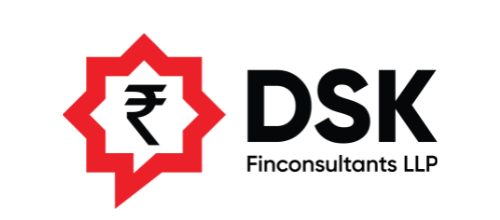The health insurance industry in India has been witnessing exponential growth over the past decade, driven by rising healthcare costs, increasing awareness about health insurance, and the government’s push towards universal health coverage. As the Indian population becomes more health-conscious, the demand for health insurance products has surged, making it one of the fastest-growing segments in the country’s insurance sector. This article explores the current state of the health insurance industry in India, recent trends, and what the future holds for this vital sector.
Key Drivers of Growth in the Health Insurance Industry
- Rising Healthcare Costs: The cost of healthcare in India has been on the rise, making out-of-pocket expenses a significant burden for many families. This has led to a greater demand for health insurance as individuals seek to protect themselves from financial hardships caused by medical emergencies.
- Increased Awareness: There has been a significant rise in awareness about the importance of health insurance, particularly in the wake of the COVID-19 pandemic. People have become more conscious of the need for financial protection against unexpected medical expenses, leading to a higher uptake of health insurance policies.
- Government Initiatives: The Indian government has launched several initiatives to increase health insurance penetration. The Pradhan Mantri Jan Arogya Yojana (PMJAY), also known as Ayushman Bharat, aims to provide health coverage to over 500 million people, particularly those from economically weaker sections. This initiative has played a crucial role in expanding the reach of health insurance across the country.
- Digital Transformation: The adoption of digital technologies has revolutionized the health insurance industry. From online policy purchases to digital claim processing, the integration of technology has made health insurance more accessible, transparent, and efficient.
Current Trends in the Health Insurance Market
- Product Innovation: Insurers are increasingly offering customized health insurance products to cater to the diverse needs of consumers. For instance, policies tailored for senior citizens, women, and specific diseases like cancer are gaining popularity. Additionally, wellness programs and preventive healthcare benefits are being integrated into health insurance plans, encouraging policyholders to maintain a healthy lifestyle.
- Group Health Insurance: The demand for group health insurance policies, particularly from small and medium-sized enterprises (SMEs), is on the rise. Employers are increasingly offering health insurance as part of their employee benefits package, recognizing its importance in employee retention and satisfaction.
- Telemedicine and Digital Health Services: The pandemic has accelerated the adoption of telemedicine and digital health services, which are now being offered as part of many health insurance plans. These services provide policyholders with access to medical consultations and healthcare advice from the comfort of their homes, enhancing the overall value of health insurance.
- Cashless Hospitalization: Cashless treatment facilities have become a key selling point for health insurance policies. Insurers have tie-ups with a vast network of hospitals across the country, allowing policyholders to receive treatment without paying upfront and dealing with reimbursements later.
Challenges Facing the Industry
While the health insurance industry in India is growing rapidly, it faces several challenges:
- Low Penetration: Despite the growth, health insurance penetration in India remains relatively low, particularly in rural areas. A large portion of the population still relies on out-of-pocket expenses for healthcare, highlighting the need for increased awareness and accessibility.
- Rising Claims Ratio: With the increasing number of policyholders, insurers are facing higher claims ratios, which can impact profitability. Managing claims effectively while ensuring customer satisfaction is a key challenge for insurers.
- Regulatory Compliance: The health insurance industry is heavily regulated, and insurers must constantly adapt to changing regulations set by the Insurance Regulatory and Development Authority of India (IRDAI). This includes compliance with guidelines on premium rates, claim settlements, and policy terms.
Future Outlook
The future of the health insurance industry in India looks promising, with continued growth expected in the coming years. The sector is likely to see further innovation in product offerings, enhanced customer service through digital platforms, and increased collaboration between insurers and healthcare providers.
As the Indian government continues to promote health insurance and more individuals recognize its importance, the industry is poised to play a critical role in ensuring financial security against healthcare expenses for millions of Indians. For insurers, the focus will be on expanding reach, improving customer experiences, and managing risk effectively to sustain long-term growth.




